De komende weken staat Samplekanon in het teken van asemisch schijven. Michael Jacobson definieert Asemisch schrijven als ‘een schrijven zonder specifieke semantische code – zonder vaste betekenis, open voor interpretatie.’ Dit tweede nummer, dat de komende weken zal aanwassen en voortgroeien, bevat werk van a rawlings, Dirk Vekemans, Jürgen Smit en Jaap Blonk, en interviews met Tonnus Oosterhoff en Michael Jacobson. Tot slot zullen Sake van der Wall en Menno Lievers zich over de taalfilosofische implicaties van het asemische schrijven buigen.
De eerste bijdrage aan het nummer is van de Canadese dichter en kunstenaar a rawlings. Zij verbleef de afgelopen maanden in Queensland, Australië, waar ze werkte aan het project Sound Poetry and Visual Poetry: Gibber, waaruit Samplekanon hieronder enkele fragmenten publiceert. rawlings’ ecopoethics onderzoekt de ruimte die ontstaat wanneer het subject zijn macht over de dingen loslaat, en zich – natura naturans – openstelt voor de onvermoede taligheid van de omgeving.
Gibber
How are we defining writing? Does it need to be an act composed by a human entity? Does it need to occur with a certain kind of material, on a certain material, within a certain time frame?
Historically, biotic and abiotic entities have influenced grapheme construction. My interest in asemic writing is born of an asemic reading practice, where I situate myself amongst these entities to see if I can touch that ages-old enthusiasm to interconnect with an environment by recognizing the linguistic within its body. When I submit my estranged self to the power of listening and sensing within an ecosystem, I strive to stretch beyond semantics but also to witness my constant impulse to construct meaning. In these moments, I dream it’s possible that a world of signifiers explodes the dominant human language used to name and to know them. In this dream, asemic writing litters landscapes while lyric lines revert their alpha glyphs to pre-representation.
Spawning from an ecopoethics praxis, my project Sound Poetry and Visual Poetry: Gibber surveys interconnection between (ideas and realities of) land, bird, human, signified, signifier — all founded on a gentle interrogation of the language nurtured “here” (here being Queensland, Australia). Gibber hinges on exploring notions that humans read their environments and/or that humans are in conversation with landscapes and the inhabiting non-human species. Through Gibber, I actively question embedded notions of what bodies (be they human, water, weather, other) are capable of or even constantly composing as well as how to ethically read, converse with, collaborate with, and/or interpret non-human entities.
Similar to immersion in foreign human languages, immersion in foreign bioregions also heightens my capacity to sense environments partly removed from the immediate superimposed semantics I have inherited. Looking at organic litter on a beach, I know little more than cursory names like leaf, shell, seed. In Queensland’s Daintree and, later, Magnetic Island, complex patterns of little balls of sand littering beaches mesmerized as tides receded. It took two days of studying to eventually spy heavily camouflaged crabs scuttling amidst the balls and into the holes nearby them. The sand-balls and their intricate arrangements indicated a deep logic at work, but one as yet I was not equipped to decode.
Within environmental theories, ‘reading’ a landscape or an environment has become a popular metaphor — though asserting that landscapes are passive texts waiting to be actively engaged by readers is ethically perilous. If we hover for a moment, though, with the notion that an environment can be interpreted (read), then the implication is that the environment itself is comprised of (or, better yet, actively composing) meaning (possibly as a written text). In this case, then, casting a landscape as writing suggests that its ideogrammatic formation offers readers an asemic access to the text. For humans, then, engaging with a landscape could provide us with our own belaboured act of asemic reading (where we find ourselves unable to comprehend what is composed, but assured that it holds its own inherent logic and that it is, indeed, communicative).
Within Gibber, I took several photographs of an environment-based ‘text.’ I did not know what it communicated to me, except that I had a notion a communication was being proffered. Certainly, there were forms, lines in repetition. Something imposed on top of another (instead of ink on paper, here we have barnacles on rocks, fungi on bark, paths forged through sand). Distinct forms linked with other forms. And I felt certain that, if I studied these forms long enough, their construction could very well exhibit a syntax through repetition and remix of forms that I might be able to decode. By immersion within asemic environmental texts, I also increased the possibility that I would view new forms that could be used to birth further reading practices, writing practices, and ultimately ways of understanding or communicating (whether amongst human beings or via interspecies communication).
a rawlings is a mineral, plant, animal, person, place, or thing.
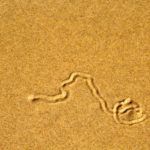
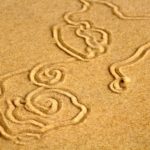
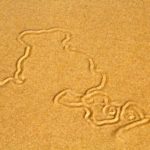
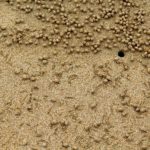
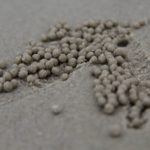
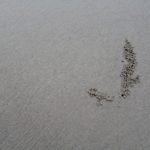
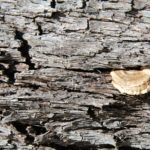
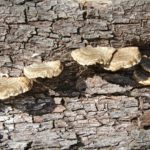
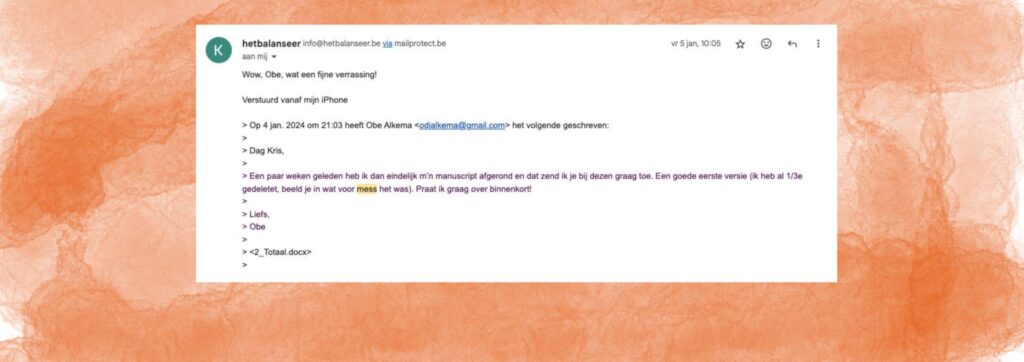
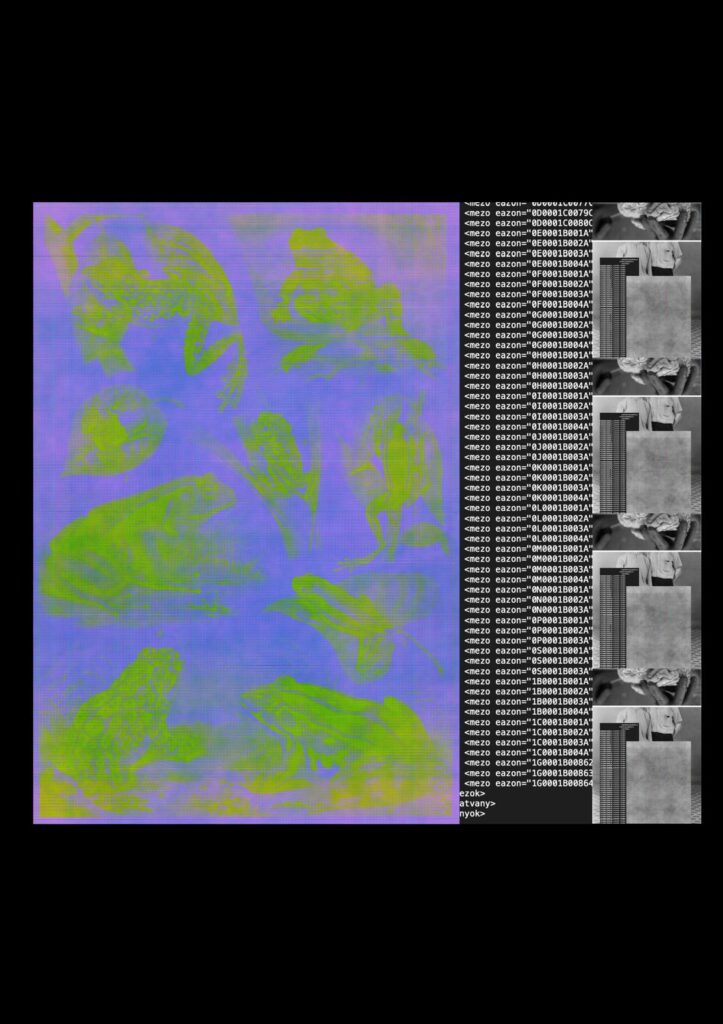
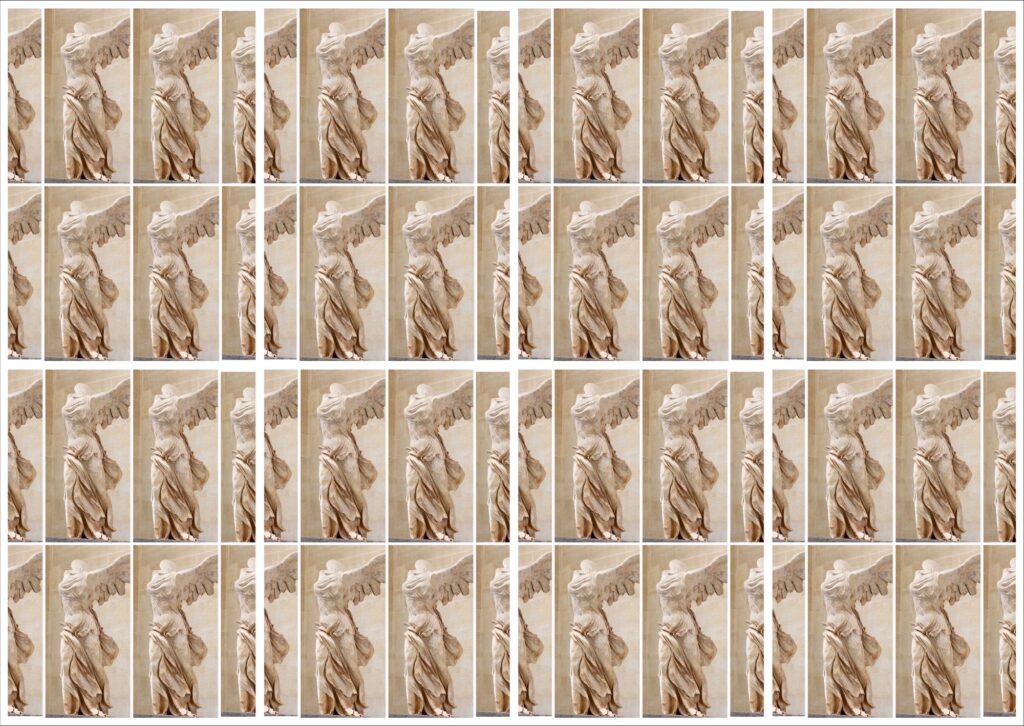
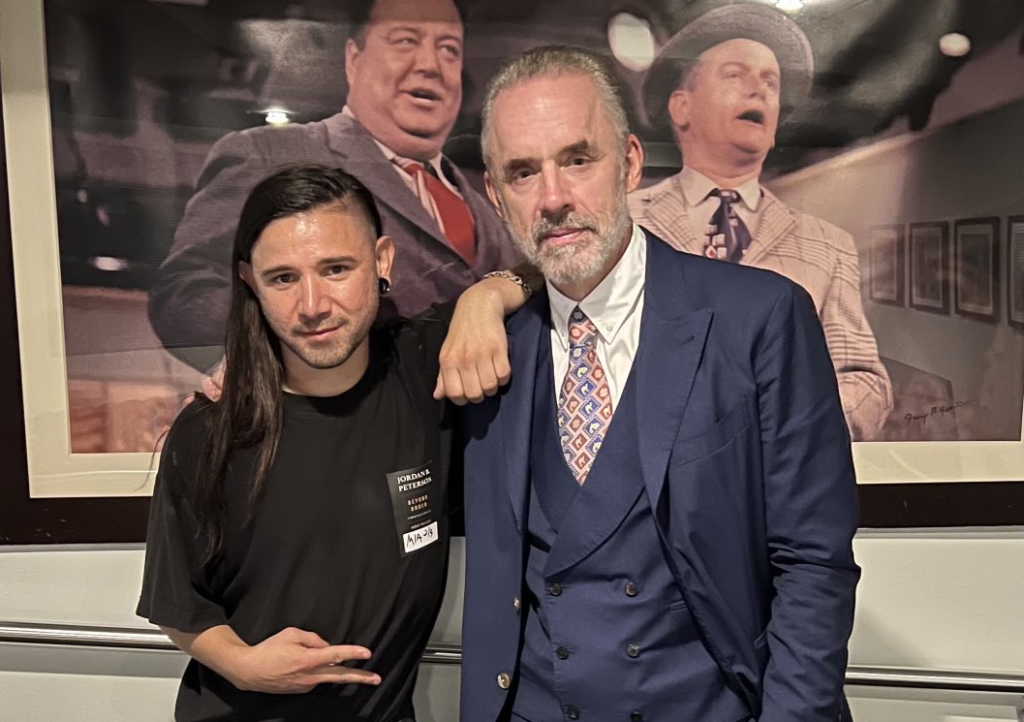
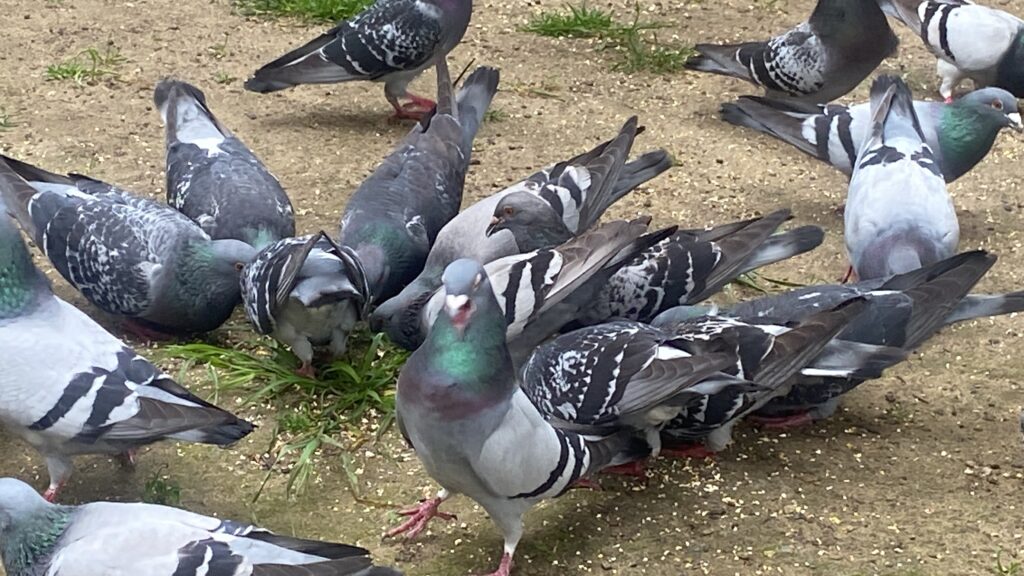
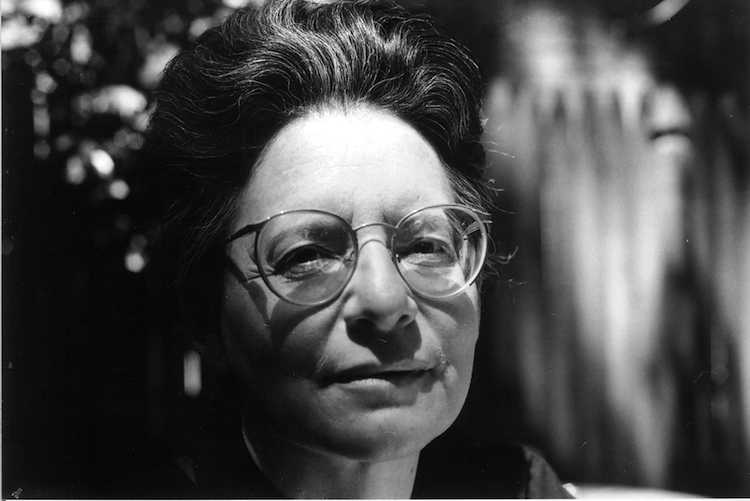
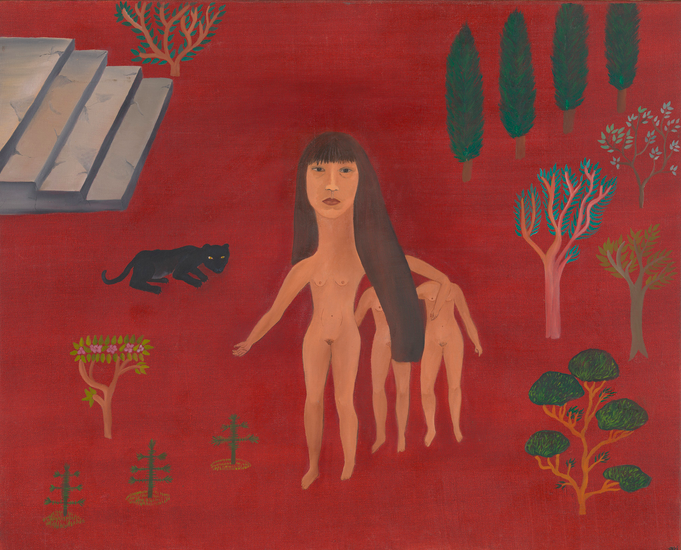
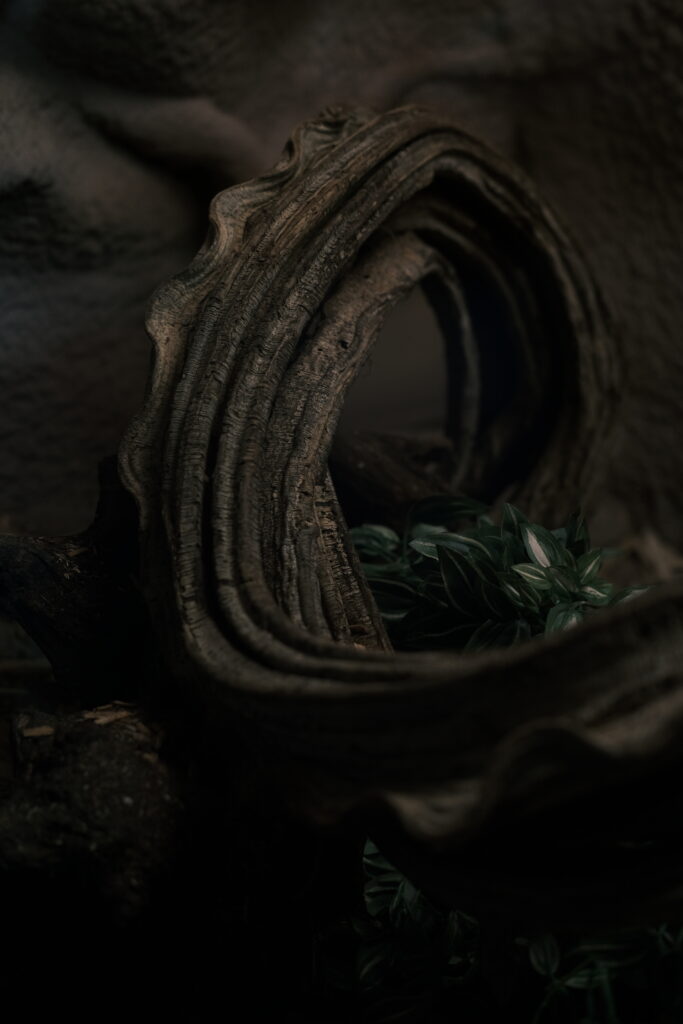
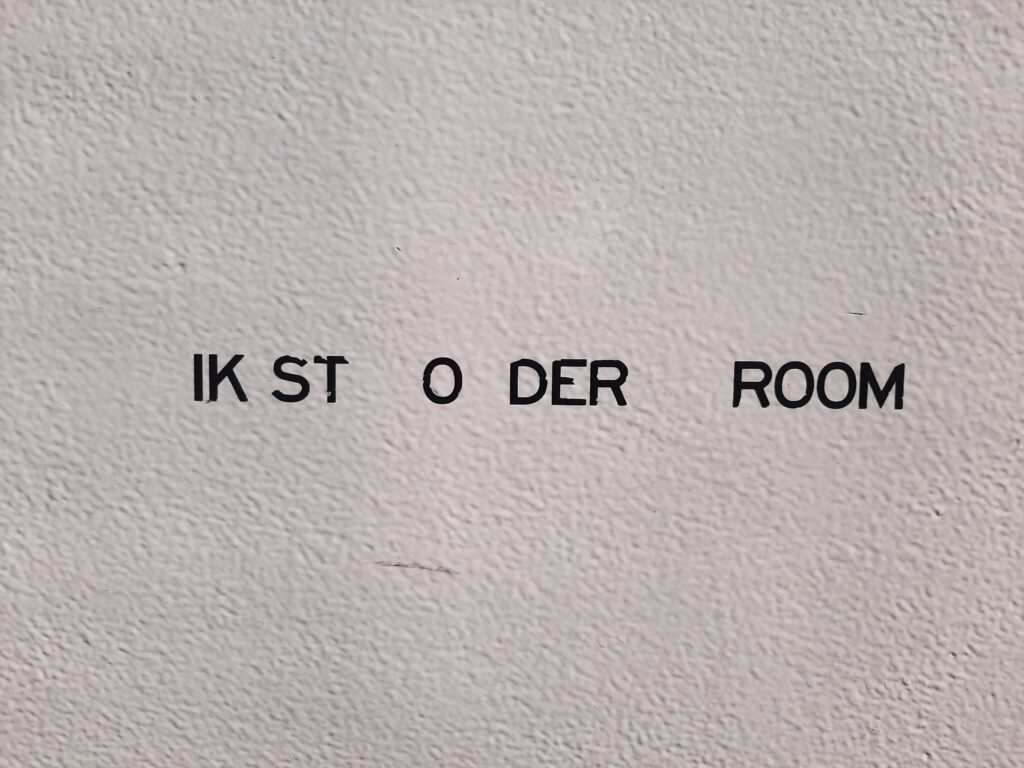
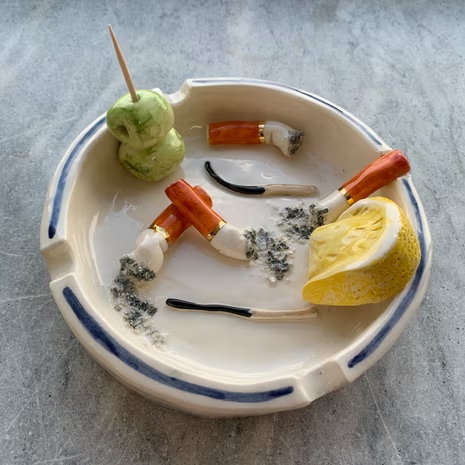
One thought on “a rawlings – Gibber”
Comments are closed.